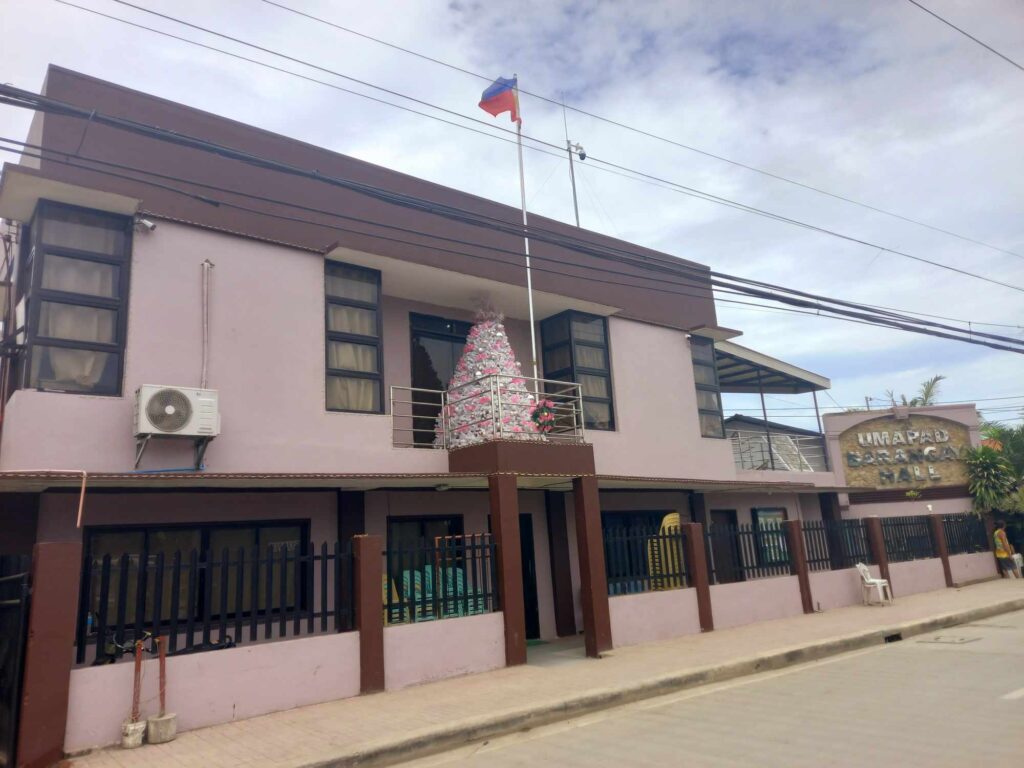
Government cuts budget for Korea's gas field development initiative Published: 11 Dec. 2024, 17:01 JIN EUN-SOO [email protected] Audio report: written by reporters, read by AI The West Capella drillship off the east cost of Korea [SONG BONG-GEUN] The government budget intended to fund Korea's Great Whale Project — a deep-sea gas field development initiative off Korea's eastern coast — was removed from next year’s approved budget bill, leaving the fate of one of the country’s most ambitious yet controversial projects uncertain. The Ministry of Trade, Industry and Energy, which oversees the project, stated that 49.
7 billion won ($34.6 million) originally allocated to the initiative by the government was cut from the approved budget, leaving only 800 million won. In total, 67.

5 billion won was deducted from the ministry's 11.4 trillion won budget. The Great Whale Project has been one of the government's most ambitious initiatives this year.
In June, it announced the potential discovery of 14 billion barrels of oil and gas reserves in waters off Korea’s eastern coast near Yeongil Bay in Pohang, North Gyeongsang. The project’s first drilling, which recently began its initial process, is projected to cost 100 billion won, with the government originally expected to cover half of the cost, with the state oil corporation covering the remaining. Despite the absence of government funding, the oil corporation stated it would proceed with the project using 50 billion won from its resources.
How it will secure the remaining 50 billion won remains unclear, the company said. “We are considering all options to carry out the project with our own budget,” a spokeswoman for the oil corporation said, adding that issuing bonds or cutting costs are among the options under review. The first drilling phase began earlier this month, with the drillship West Capella arriving in the East Sea on Dec.
9. This phase is expected to take about two months, according to the company. The second drilling phase, which the oil corporation plans to fund through investor contributions, could begin as early as 2026.
The success of the first phase, which aims to uncover evidence of the reserve’s existence, is expected to play a critical role in attracting investments. Meanwhile, on Tuesday, the National Assembly approved a 673.3 trillion won budget for next year, reduced by 4.
1 trillion won from the government’s proposed 677.4 trillion won. The contingency fund has been reduced by half to 2.
4 trillion won and the special activity funds for the prosecution which was originally proposed at 80.9 billion won have been entirely eliminated. It marks the first time the parliament has passed a budget bill without the government’s consent, reflecting the urgent and chaotic situation the country finds itself in after the short-lived Dec.
3 declaration of martial law. BY JIN EUN-SOO [ [email protected] ] var admarutag = admarutag || {} admarutag.cmd = admarutag.
cmd || [] admarutag.cmd.push(function () { admarutag.
pageview('3bf9fc17-6e70-4776-9d65-ca3bb0c17cb7'); });.










